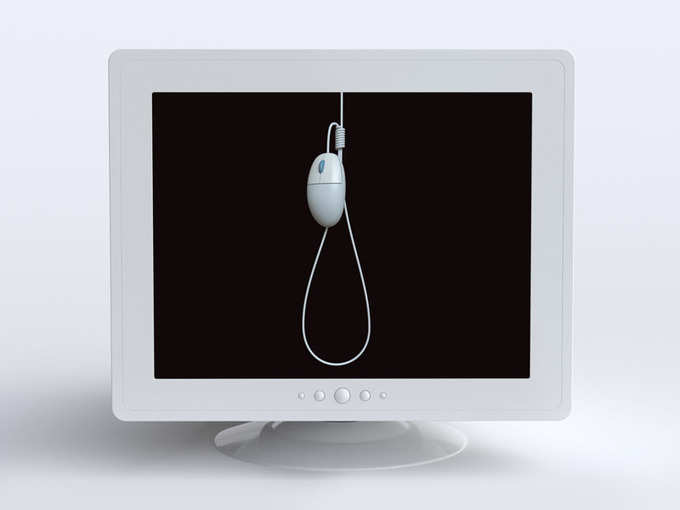 We have read half a dozen reports in the past few months which state the same fact— PC shipments are on the low as end consumers are picking up more tablets and mobiles. Yes, some PC companies are facing heavy losses in the arena, but the situation is not very poor (except for few). In the last quarter of 2013 PC manufacturers did seem upbeat and enthusiastic to sell more units in 2014.
We have read half a dozen reports in the past few months which state the same fact— PC shipments are on the low as end consumers are picking up more tablets and mobiles. Yes, some PC companies are facing heavy losses in the arena, but the situation is not very poor (except for few). In the last quarter of 2013 PC manufacturers did seem upbeat and enthusiastic to sell more units in 2014.However, the news of Sony trying to sell their Premium Vaio PC arm has stirred the situation and alarm bells are ringing all over. Sony did manage to sell their PC business to
The sale has brought new conjectures in the market after Sony’s exit. Possibly, the Vaio brand will no longer be available in markets outside Japan and this will hit the global shipments of laptop PC’s. After smarphones, the user interaction with
Now people can access the internet from almost any connected device. The revolution of internet everywhere and cloud storage has further reduced the need of a PC. So is this the fall of the PC and would we see it die this year? Or the PC going to die a slow death? The later is the answer. Mobility is the key factor here. A desktop does not provide the mobility a tablet or a smartphone does. This is the reason why people go for a laptop or a tablet.
These days laptops are being preferred over the desktop. Compare it to half a decade ago in countries such as
But there is a downside to mobility. A desktop has the power to be upgraded and the configuration can be changed as and when the user feels like. This is not the case with laptop, tablet and certainly not with the smartphone. One can expand memory in some smartphones or increase the RAM in a laptop and that is about it. You cannot change the screen, graphic card or the motherboard. The choices of customisation on a mobile device are limited and one has to go with what the company offers.
Taking that into consideration we do not see the desktop PC market dieing soon. Its share will diminish but not evaporate. Smartphones are going to be the biggest gainers and tablets should also gain momentum. Laptops are going to gain favour in both households and SOHO’s. Desktops will still be favoured in large organisations and specialised offices. So overall, the picture for desktop PC market does not seem bright, but there is still a lot to play here for.
Image: ThinkStock